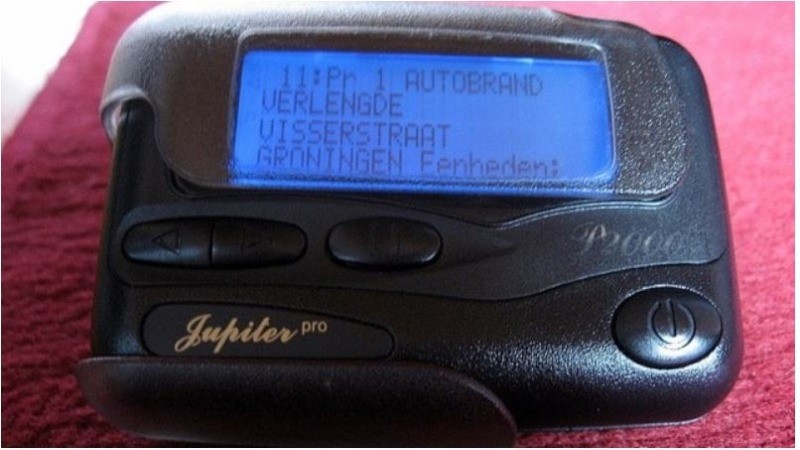
On September 18, Lebanon marked an alarming event as hundreds of pagers used by Hezbollah exploded, causing at least nine deaths and over 2,750 injuries. The blasts led to widespread damage and chaos, particularly affecting Hezbollah units and institutions.
Could Smartphones Be at Risk?
The rare pager explosions have raised concerns about the safety of lithium-ion batteries, which are present in both pagers and smartphones. Despite this, the likelihood of similar explosions occurring with untampered smartphones remains low.
Reports suggest the explosions might have been caused by hardware tampering or a potential cybersecurity breach leading to battery overheating. However, authorities have not confirmed either theory.
A former British Army bomb disposal officer, who spoke anonymously, explained that explosive devices typically include a container, battery, triggering device, detonator, and explosive charge. “A pager already has three of these components,” he said. “You would only need to add the detonator and the charge.”
Can Your Smartphone Explode?
The recent pager explosions involving Hezbollah highlight a rare but serious issue with lithium-ion batteries, which are used in both pagers and modern smartphones. Although the Hezbollah incident is unique, it underscores the need to be aware of potential risks associated with these batteries.
Smartphones can experience battery explosions due to several factors:
To reduce the risk of battery-related incidents, follow these precautions:
While these steps can help minimize risks, it's important to remember that no device is entirely free from the possibility of unexpected failures. Smartphones and other communication devices are not at risk of exploding unless they have been significantly altered or modified with explosives.
How Did Hezbollah’s Pagers Become Weapons? Exploring the Beirut Blasts
Hezbollah Blames Israel for Deadly Explosions in Lebanon Amid Gaza Conflict
Lebanese Valley Takes on a Renewed Role in Hezbollah-Israel Conflict